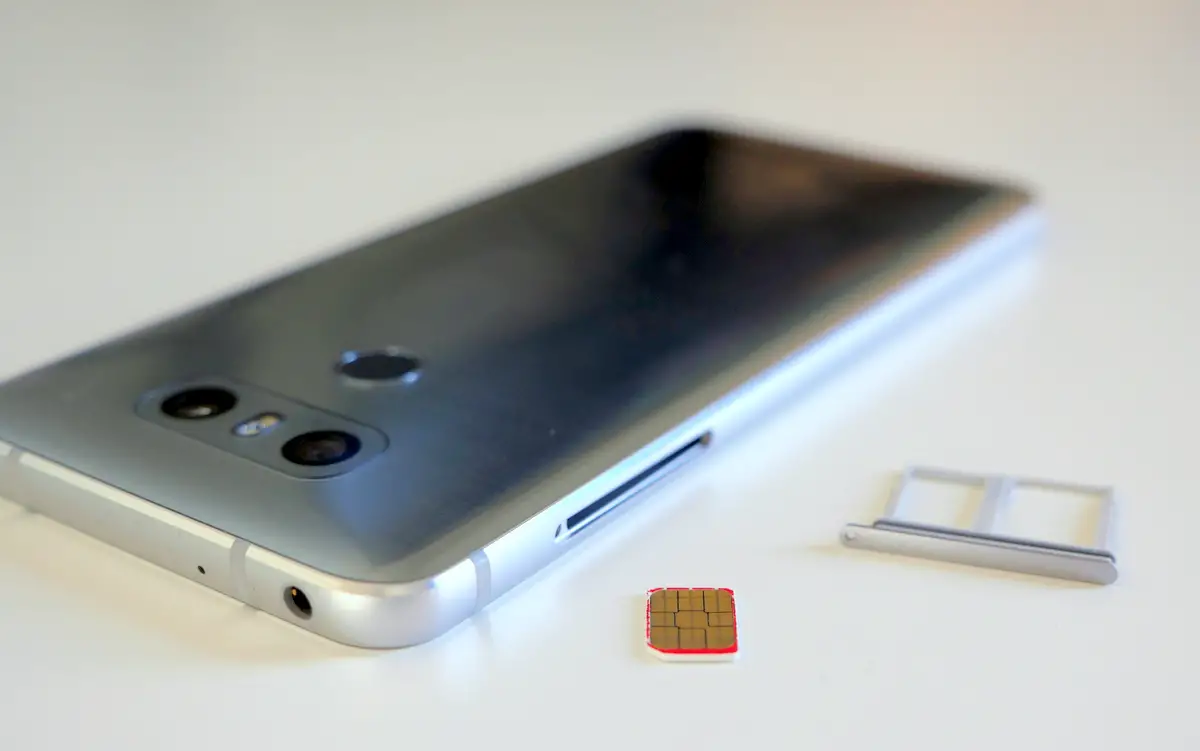Buying a smartphone from a carrier on contract usually results in you saving a bit of money where you can pay back the phone over the course of the contract instead of all at once. In some instances, you might even get the phone for “free”. This is versus buying a phone fully unlocked where you have to pay the full price, although there are advantages to that.
If you usually buy your phones from a carrier on contract, perhaps it might be time to start considering making the shift to buying it fully unlocked. This is according to four commits that were posted to various parts of Android’s Gerrit source code management, and all them seemed to hint at giving carriers more control and ways of locking your phone’s SIM.
There is mention of the ability to create lists of “allowed” and “excluded” carriers, meaning that these are a list of carriers that will work or won’t work on your phone. For instance, if you were to buy a phone from carrier A, they might make it so that you can’t use it with carrier B through these whitelists/blacklists.
These restrictions will also apply to dual SIM devices where in theory, carriers can opt to lock the second SIM card slot unless an approved SIM is in the first slot, discouraging users from removing the first SIM card. These changes might have a bigger impact on users who travel frequently and would rather buy a local SIM than pay exorbitant roaming rates, but if you don’t travel that frequently, then these restrictions might not be that big of a deal. However, let’s not forget all service providers have always given users a way to SIM unlock devices as long as certain criteria are met. These changes to Android Q should not have a huge impact on the way smartphones are unlocked in the future and could very well make it easier for users to SIM unlock their devices if they’re able to gain root access.
Source: 9to5Google









Comments